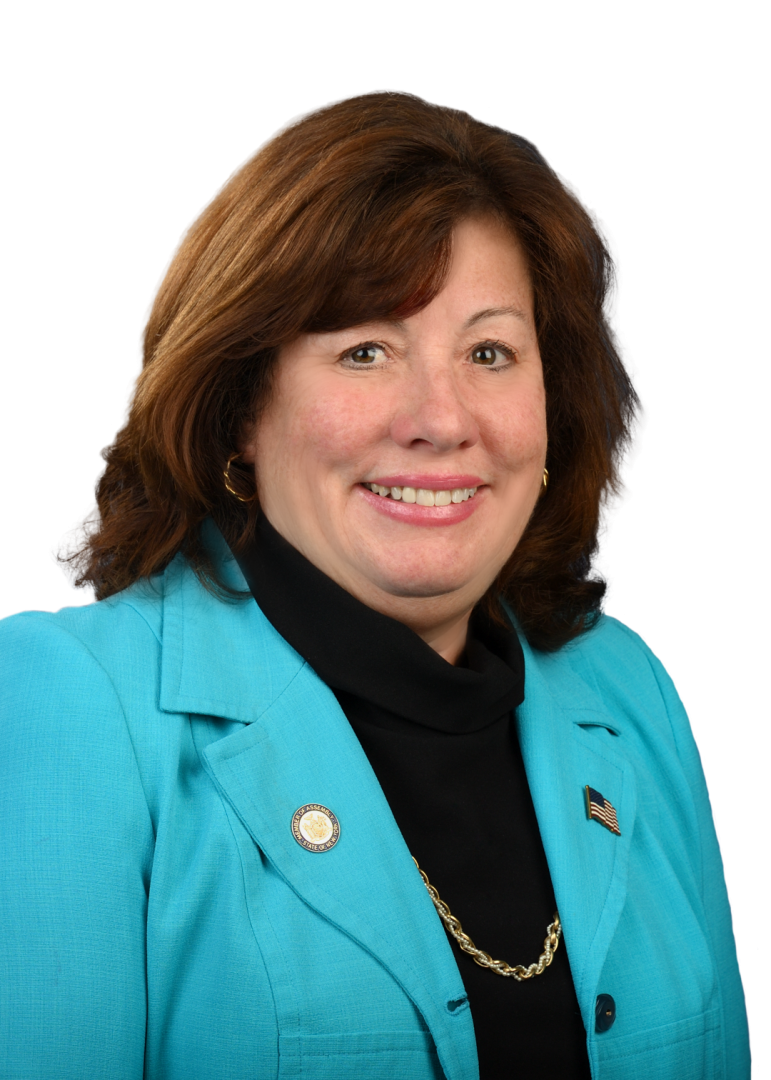Assemblywoman Buttenschon Advocates for Young and Emerging Farmers at NYS Assembly Budget Hearing
Albany, NY – During yesterday’s New York State Assembly Agriculture Committee Budget Hearing, Assemblywoman Marianne Buttenschon (D-119) thanked the panel chair, Assemblywoman Donna Lupardo (D-123) for her leadership before focusing her remarks on the day’s theme, challenges facing small and family-owned farms as well as our young up-incoming farmers New York State.
As the average age of a farmer across the state continues to rise exponentially, yesterday’s hearing brought together lawmakers to hear testimony from the Commissioner of Agriculture Richard Ball, farmers brought together by the New York Farm Bureau, as well as educational institutions and organizations, in order to examine the impact and effectiveness of currently funded state agricultural programs which support emerging farmers, those individuals who are entirely new to farming as well as those who have been farming but are now transitioning to ownership.
“As I’ve said before,” Assemblywoman Buttenschon stated, “When you step into the shoes of a farmer, even for a moment, it changes how you lead. This hearing is about more than agriculture, it’s about building common understanding, as, far too often, decisions that impact our farmers are made in Albany by those wholly unfamiliar with the day-to-day operations of a working farm; and reminding everyone in Albany that rural voices deserve a seat at every table.”
Throughout the day, the Assemblywoman focused on the importance of funding and supporting small local farmers across the state, raising concerns she has frequently heard from our farms in Oneida County, such as encroaching statewide solar & electrification efforts, workforce housing shortages, expansion without indebtedness, grant access, as well as burdensome tax barriers to generational farm ownership transitions, that often result in undue financial and bureaucratic burdens.
“On solar, a major issue raised by testifiers related to land use after solar installation, as solar installations render formerly productive agricultural spaces unworkable for decades after the installation of these solar systems. Furthermore, solar companies often have strong financial backing and resources, enabling them to offer far more to existing farmers for land rights and access than our emerging farmers, making solar difficult to compete with. Furthermore, the Commissioner and witnesses mentioned specific concerns related to the Beginning Farmers grant program, including the lengthy and difficult grant application process, the reimbursement nature of the grants themselves, as well as the overall funding of the program which has yet to reach demand.”
Engaging with testifiers, the Assemblywoman then turned to the topic of workforce housing shortages, an issue familiar to Buttenschon as prime sponsor of Assembly bill (A.0297/S.0023), which aims to expand tax credits for farmers to include coverage for workforce housing construction related expenses.
“I reviewed the funding streams that have come forward to provide these resources, as I see the importance of workforce housing, and as we continue to aim towards providing all the tools necessary to attract further funding, can you talk about the specific needs that you’ve seen in workforce housing for agricultural industries you are active in?” Furthermore, “On the funding, what type of assessment is being done with the dollars spent success stories that you can share with us as we head into future funding discussions?”
The Assemblywoman concluded the day’s hearing by offering her sincere appreciation for the continued perseverance, handwork, and dedication of our state’s farming communities to not only feed our families, but to be innovative, common-sense, solution-based industry leaders.
“Said best by panelist Christian Lewis of Blue Ruin Ranch Farm ‘We are not asking for handouts. We are asking for a fair chance’. As a state, we must ensure that every dollar spent on agricultural development is aimed at building a stronger, more sustainable, and more inclusive New York farm industry, and I am grateful to the many local farms and farmworkers who strive daily to feed our communities.”
